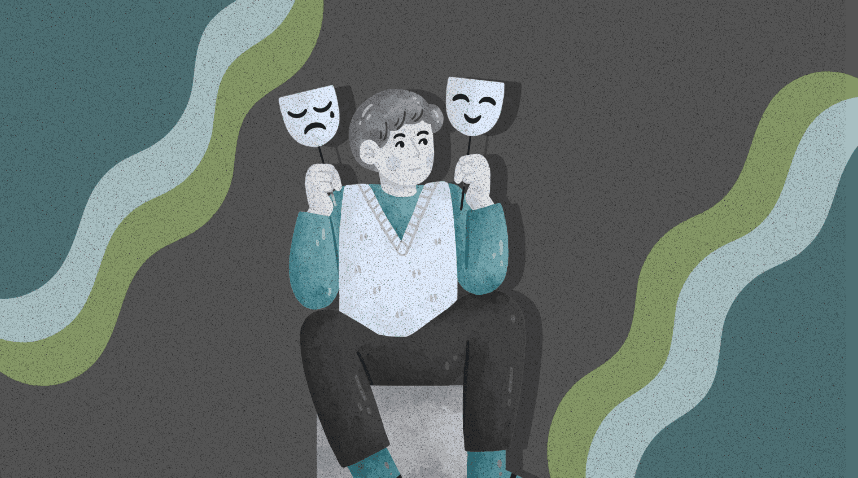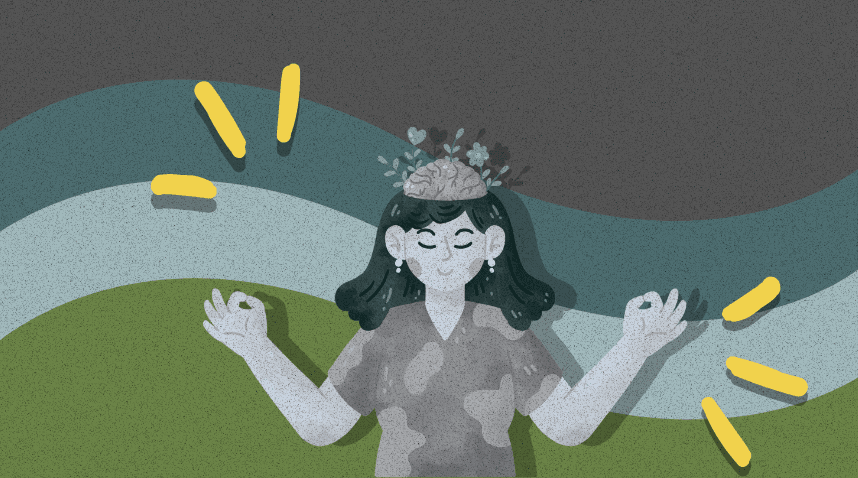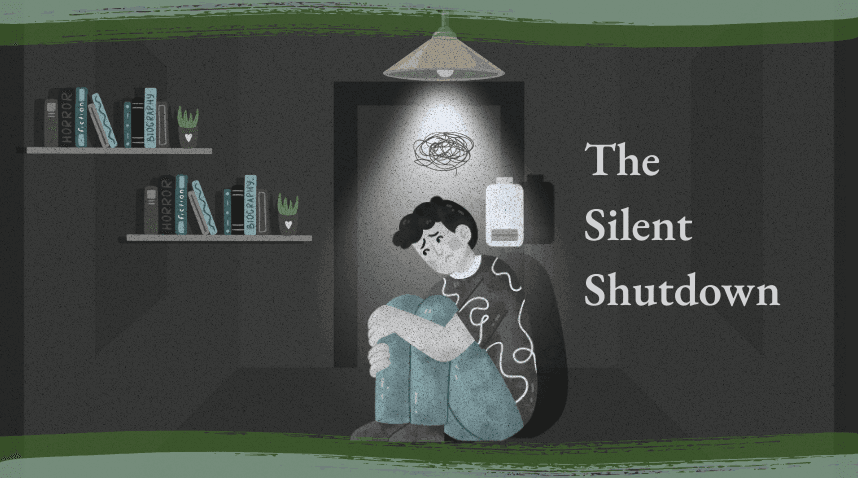Editor’s note: This is an adapted article from Roberta’s blog of reflection and learnings
TLDR: Suppressing emotions disguises itself as resilience until it leads to disconnection and overwhelms you. Here’s how to recognise it.
We like to think of ourselves as rational, composed beings. We handle stress. We power through bad days. We “let it go.” But what happens when we don’t? When, instead of dealing with our emotions, we shove them into a locked box and pretend they never existed?
Emotional suppression is sneaky. It doesn’t announce itself. Instead, it creeps in, disguising itself as resilience, logic, or just “not having time to deal with this right now.” Before you know it, you’re operating on autopilot, feeling strangely numb, disconnected, or—ironically—like you’re about to explode.
As someone who used emotional suppression as a means for survival for years, I often catch myself acting out when I deal with stress, conflict or uncertainty. Instead of standing up for my instincts, I find myself avoiding or ignoring the emotions.

The First Sign: You’re Always ‘Fine’
If “I’m fine” is your go-to response, even when you’re clearly not, that’s a red flag. It’s not that you’re lying, exactly—it’s that you genuinely don’t feel in touch with what’s going on beneath the surface. Instead of acknowledging sadness, frustration, or anxiety, you convince yourself that you simply don’t have feelings about the situation at all.
You Get Overwhelmed by ‘Small’ Things
Ever found yourself losing your patience over slow Wi-Fi, a spilled drink, or an unexpected email? If you’re suppressing emotions, tiny inconveniences feel disproportionately infuriating. That’s because unprocessed emotions don’t disappear; they simmer beneath the surface, waiting for an outlet. When something minor happens, it bursts through the cracks.
You Distract Yourself Constantly
Binge-watching, doomscrolling, overworking, or planning every second of your day—these aren’t just hobbies; they’re avoidance tactics. When silence feels unbearable, and you’re always reaching for something to fill the space, ask yourself: What am I trying not to feel?
Your Body Knows Before You Do
Suppression doesn’t just stay in your head; it seeps into your body. Tight shoulders, headaches, unexplained fatigue, and digestive issues—these can all be signs of emotional stress manifesting physically. If you’re exhausted but don’t know why, your emotions might be dragging you down from the inside out.
You Feel Disconnected from Joy
Emotional suppression isn’t selective. When you shut down sadness, frustration, or fear, you also dull your ability to feel excitement, love, and joy. If nothing excites you anymore, if life feels muted, this could be a sign that you’ve closed yourself off emotionally without even realising it.
Learning to let them surface in a healthy way.

When I first moved out of my home at 18 years of age, I spent the next years healing my nervous system and getting back in touch with my emotions. We all need to identify what works for us, whether it be journaling, exercising, or talking to someone. We need to process and sit with what is coming up, even if it feels uncomfortable.
Final Thought: Your Emotions Aren’t the Enemy
Shutting down might feel like a survival strategy, but it comes at a cost. Suppressed emotions don’t vanish—they find other ways to manifest, often in ways that make life harder than it needs to be. The real strength isn’t in suppressing what you feel; it’s in facing it, allowing it, and realising that emotions—no matter how uncomfortable—are there to guide you, not break you.


